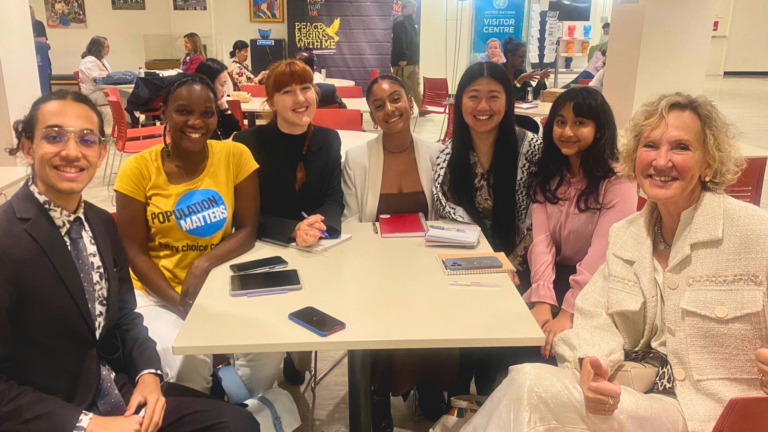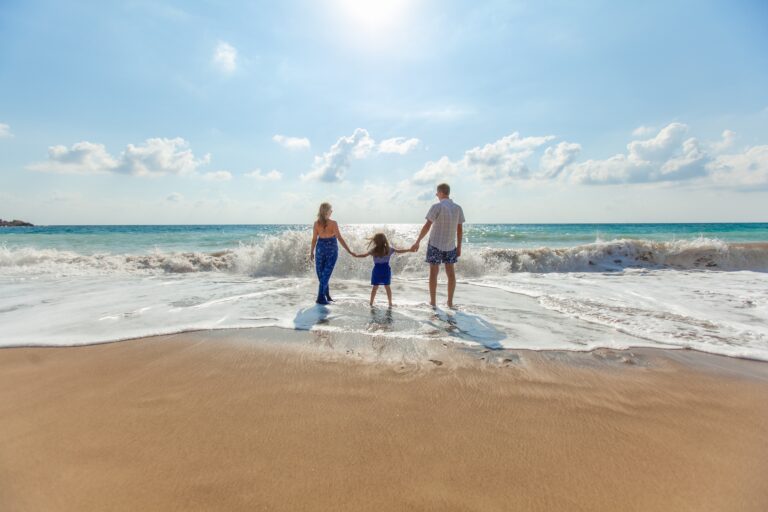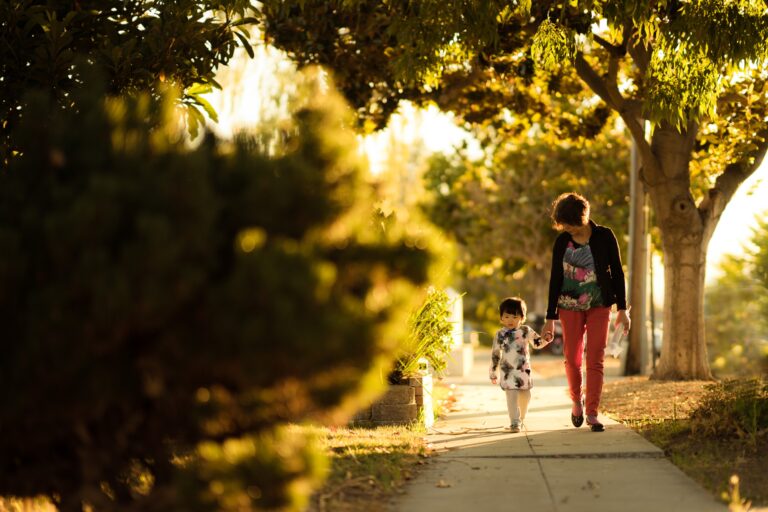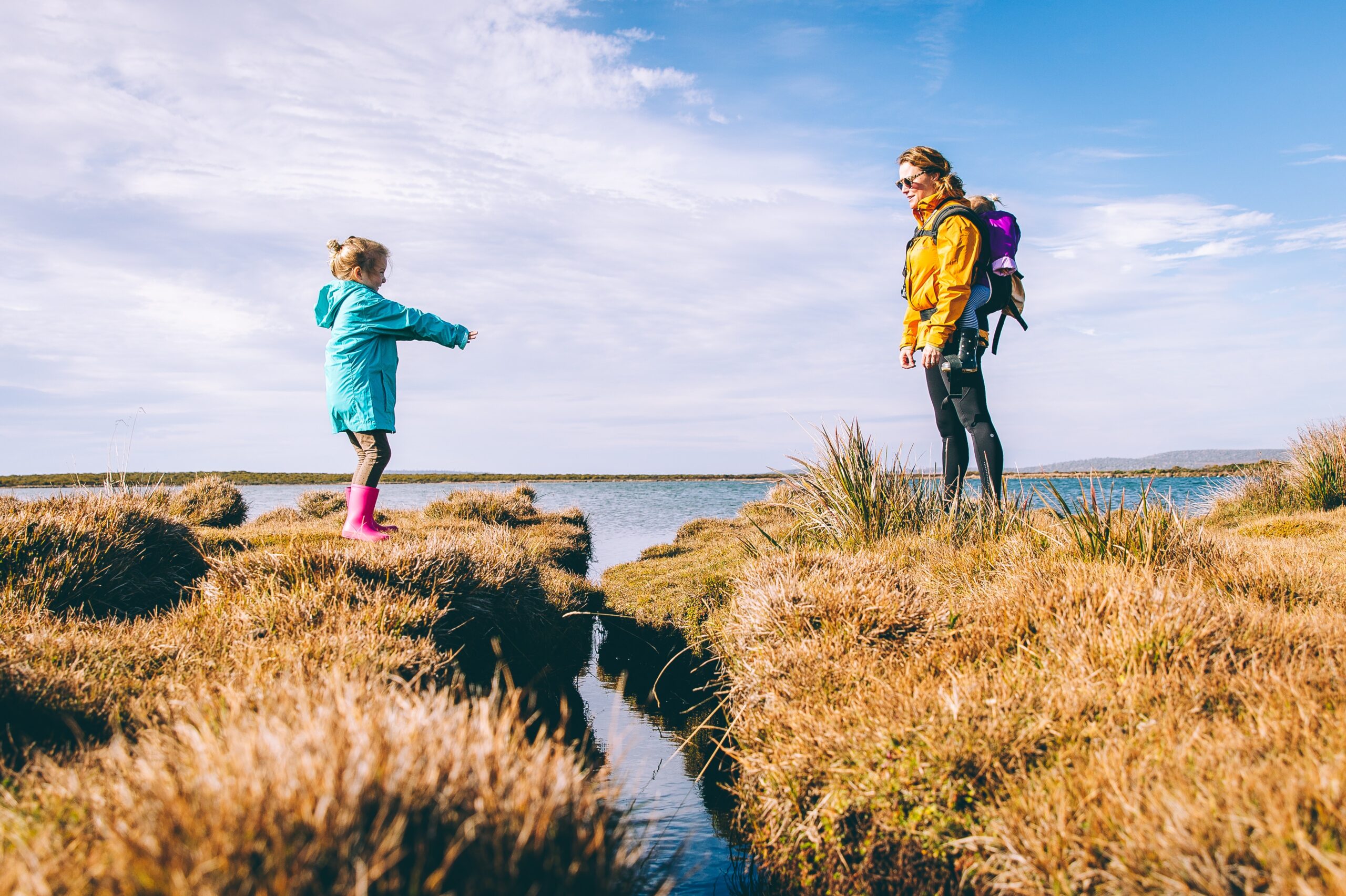
Choosing a Small Family
Each of us puts pressure on the natural world, consumes the Earth’s finite resources and contributes to climate change. One of the most effective ways we can help our planet today is by choosing to have a smaller family.
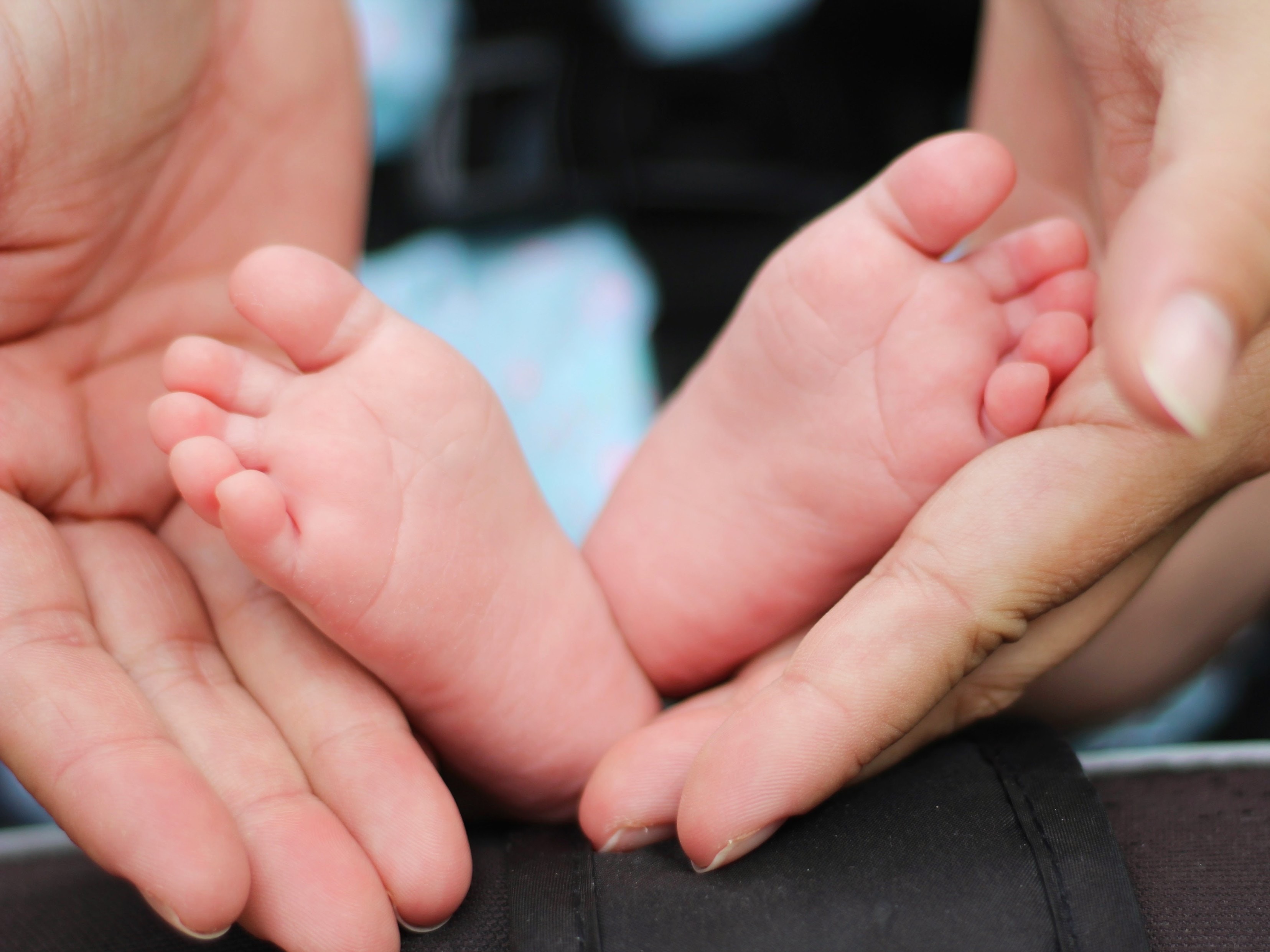
What’s a small family?
That’s up to you. We know that if people have two children or less, that helps to reverse population growth – and that is the choice of most people in high-income countries from the UK to Korea. But people must make their own choice, of course.
Having fewer brings many benefits.
Happy Adults
We love them, but we know that children demand a lot of time, attention and love.
Gregory, UK
Having one child means that there is time for us as a couple as well as our children.We are able to give our child more in terms of time than we would be able to if we had more children and the bond between the three of us often draws comment. We are able to afford to buy more sustainable foods and fuels.
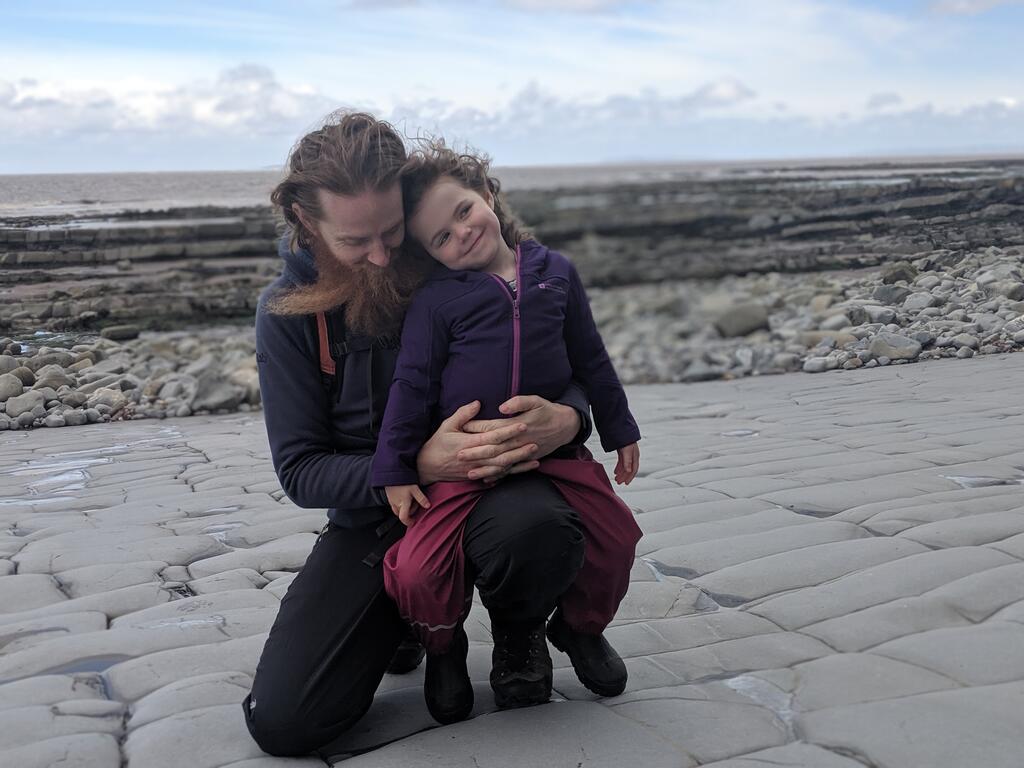
Becca, Wales
I’ve got two hands and so even if it is just me with them, I’ve always been able to keep them safe and close. There’s enough time in the week for them to have their own interests and for me to take them to the activities that they want to do, and still have time for myself.
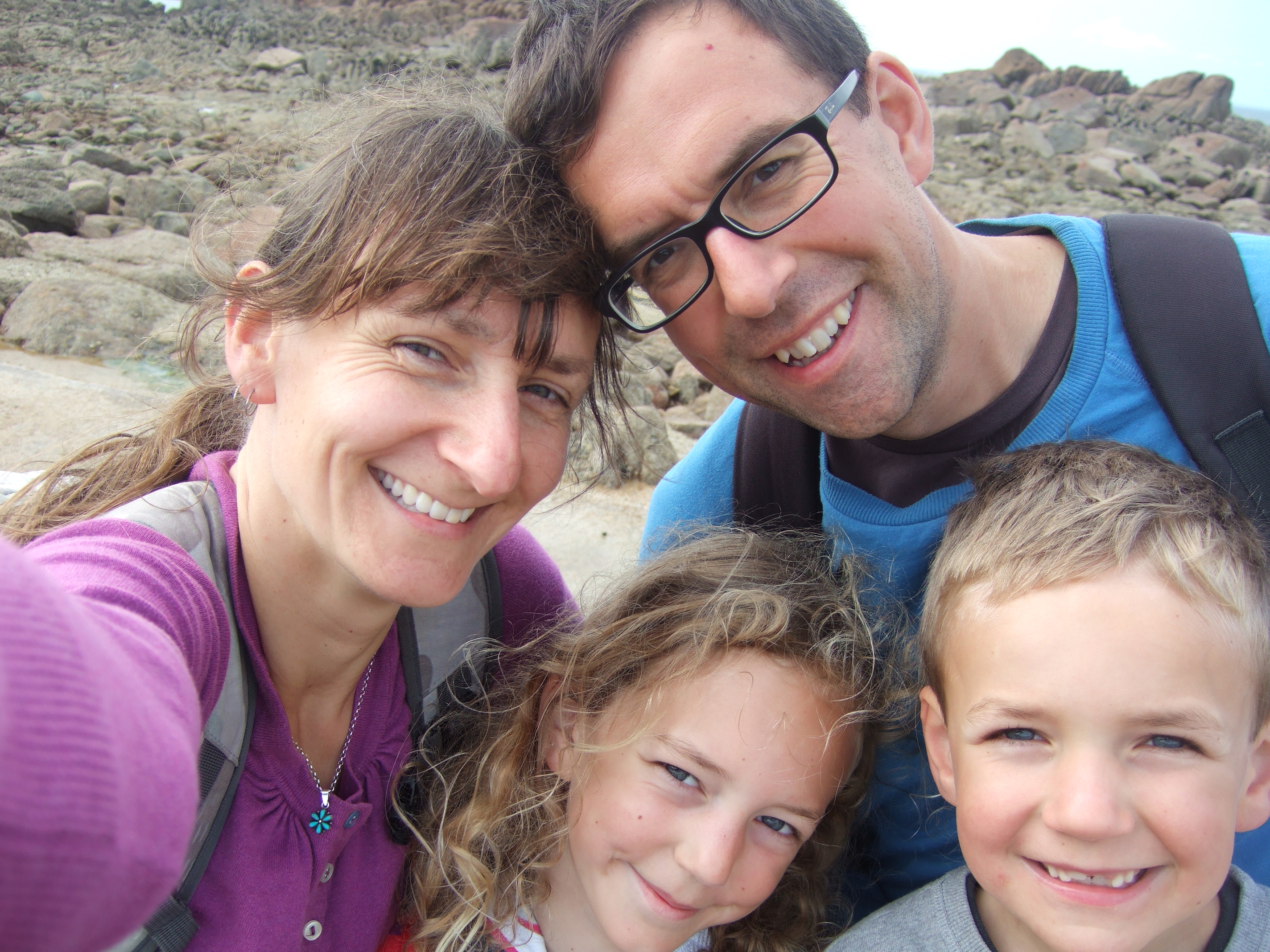
Asha, USA
While I absolutely love children, I decided not to have my own. Not having children is the biggest gift I can give to ensure the existence of wildlife and our beautiful planet Earth. In addition, I can live my life to the max without fear or reservation.
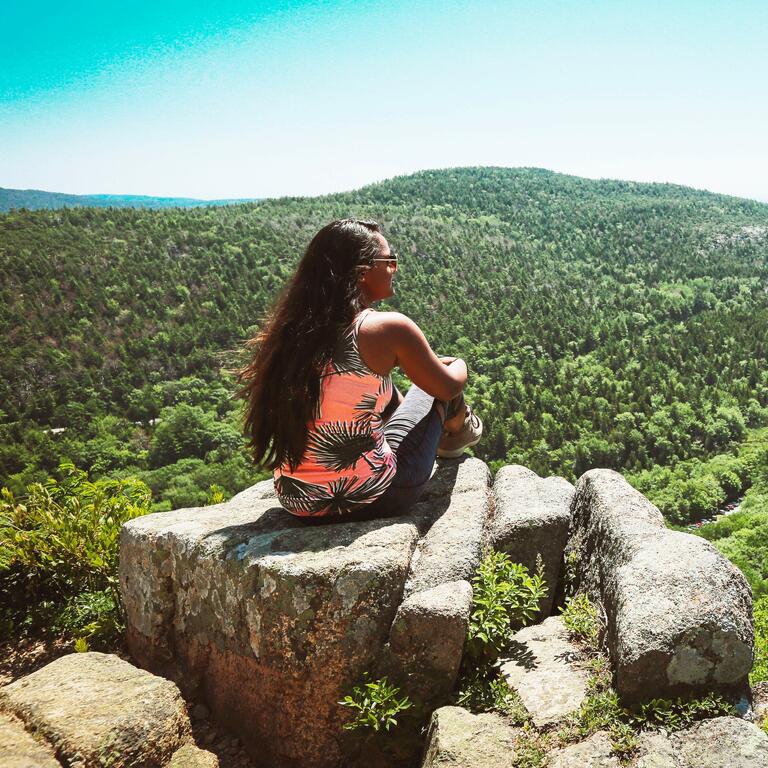
Join the Global Small Family!
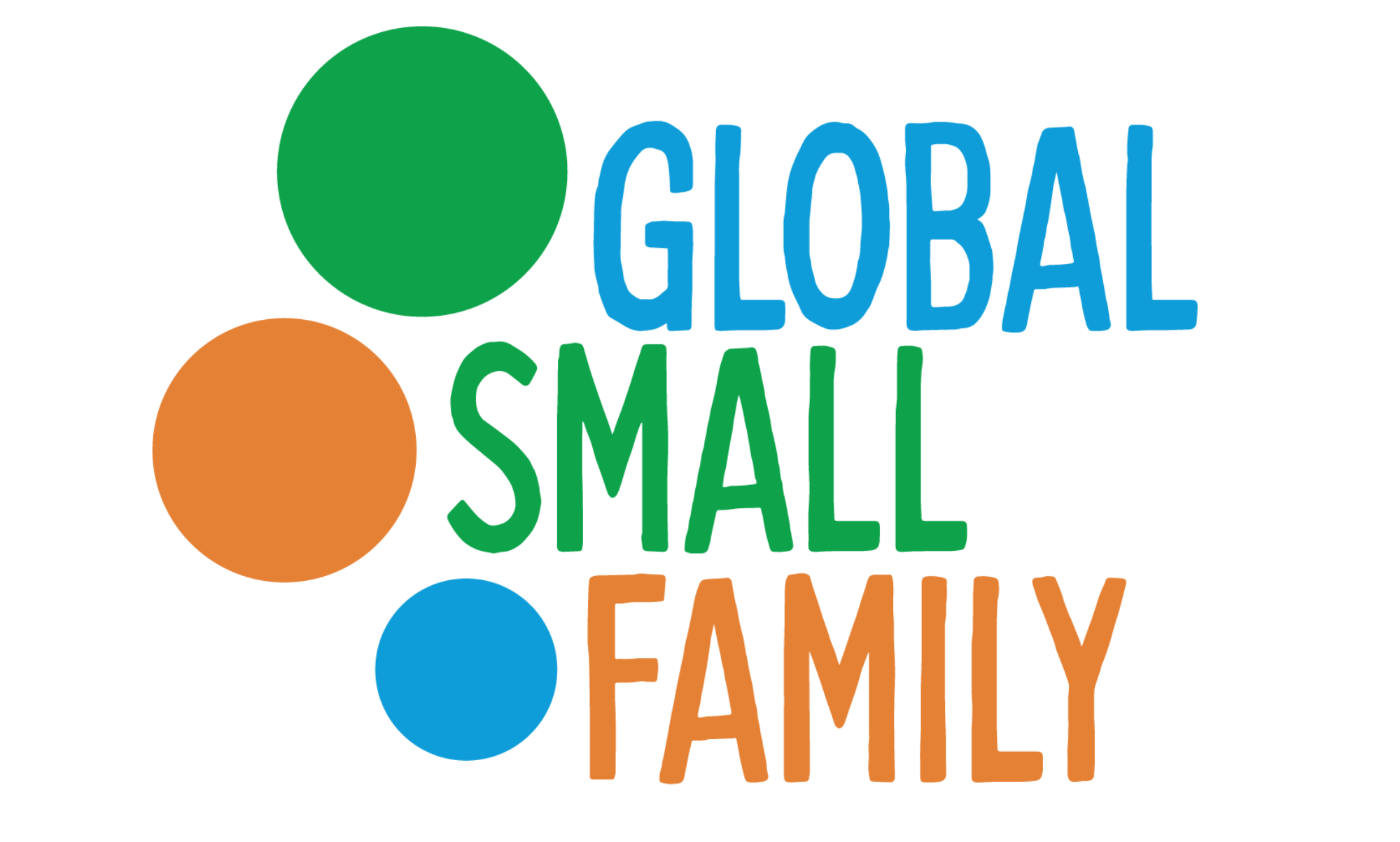
Join the growing family of people around the world who believe that #ChoiceMatters and who have committed to planning for a small family size and empowering others to have the same freedom of choice. Sign and share our Choice Manifesto today!

Happy Children
I did not have to share my parents with siblings. I had endless love, plants to grow, pets to care for, family to visit, and plenty of space to roam. I learned early on to find the silence and solitude that brings you close to nature. With only one child my parents could pay for an excellent education.
Melinda, UK
I come from a long line of small families. I have one brother. My parents were able to give my brother and I a top class education, and personal care, despite the family not being wealthy. I plan to do the same for my daughter.
Ian, South Africa
With a small family there is time to make bonds strong enough to last a lifetime. When the boys were little and I was out alone with them they could both hold my hand. At home there was room for both of them on my knee at the same time. Out as a family both could have a piggy-back.
Sara, UK
Did you know…
The French say “l’enfant unique”, or one-of-a-kind child instead of “only child”!
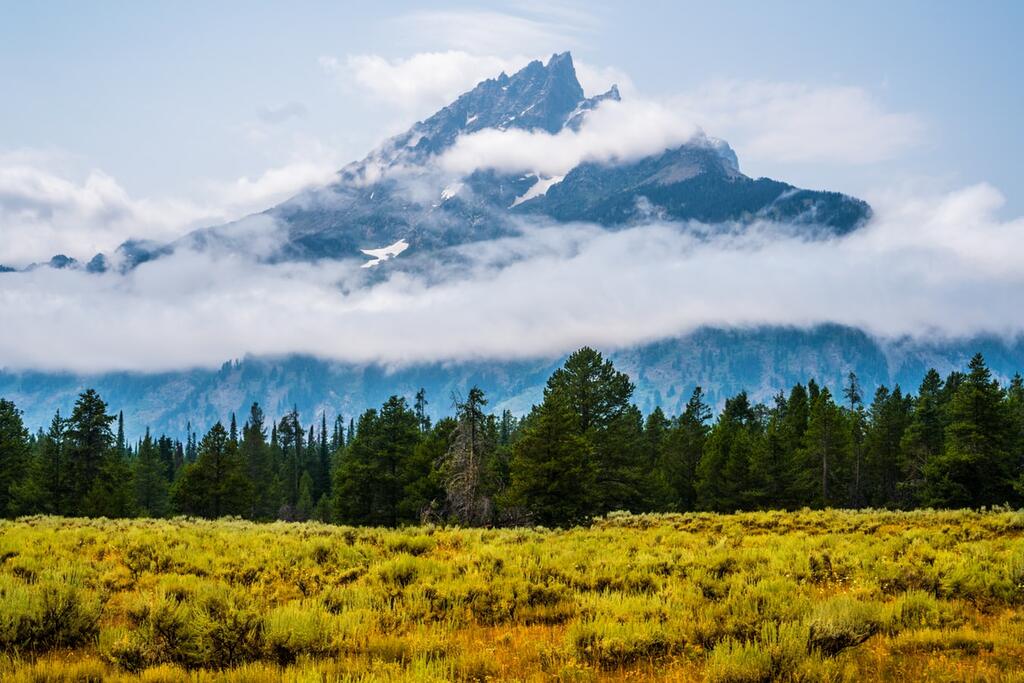
Happy Planet
Choosing a smaller family is also one of the kindest things that you can do for the Earth. A 2017 study suggested that the single most effective measure any individual in the developed world may be able to take to reduce their greenhouse gas emissions over the long term is to have one fewer child.
My husband and I made the decision to stop after our first child was born because in countries like Australia the impact of each child on the environment is especially large.
Vanessa, Australia
- Provide more open spaces and access to nature in urban areas
- Provide higher quality and easier access to infrastructure and services
- Ensure cleaner air and easier work commutes
- Preserve and grow the earth’s natural habitats
- Reduce and reverse biodiversity loss
- Help progress towards a cooler planet
My wife and I both work full time, so we wanted what spare time we do have with our daughter to be quality time. In addition, we’re both aware of the extreme environmental challenges faced by our planet and wanted to be part of a responsible collective that mitigates this impact by having a small family.
Simon, UK

